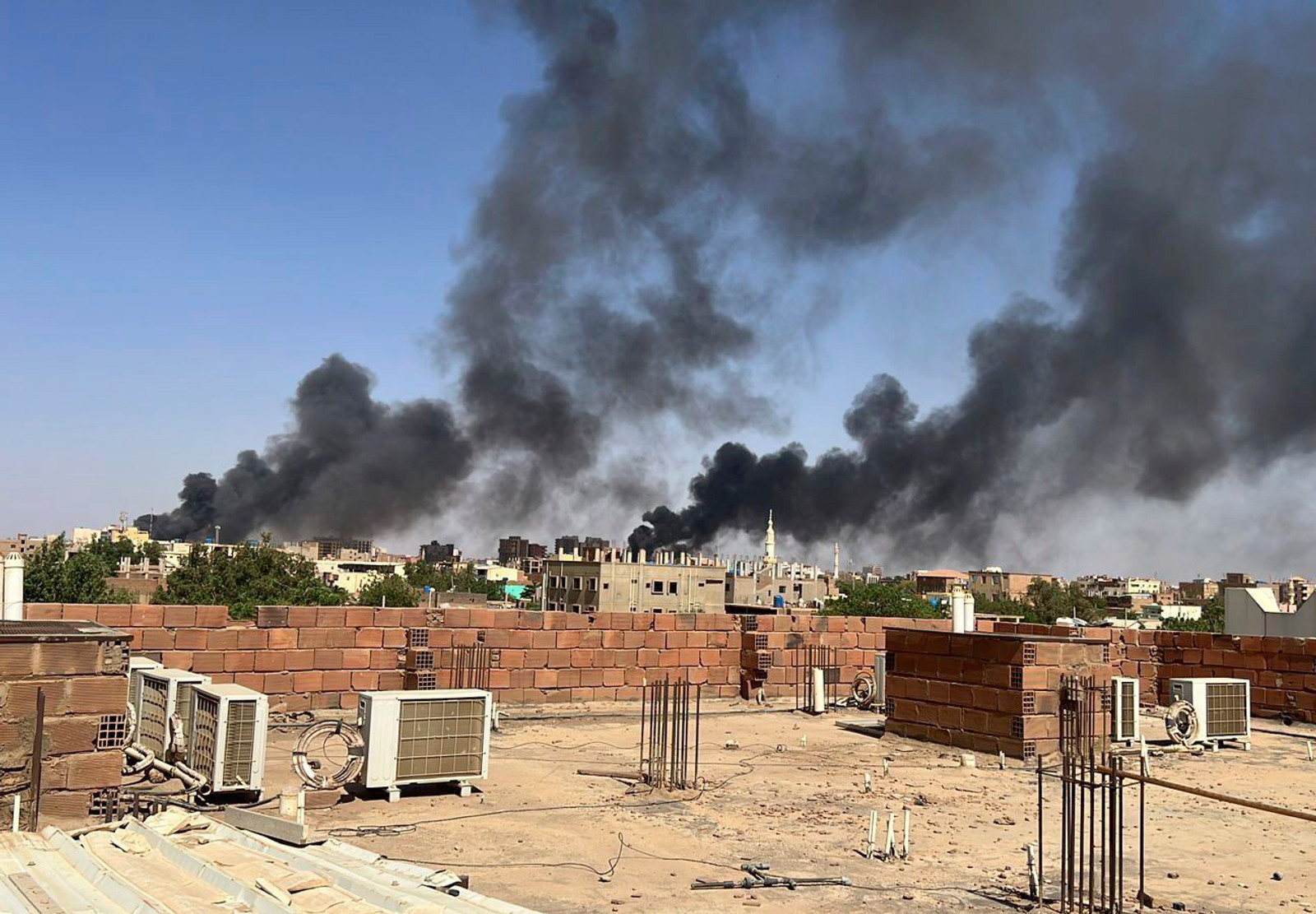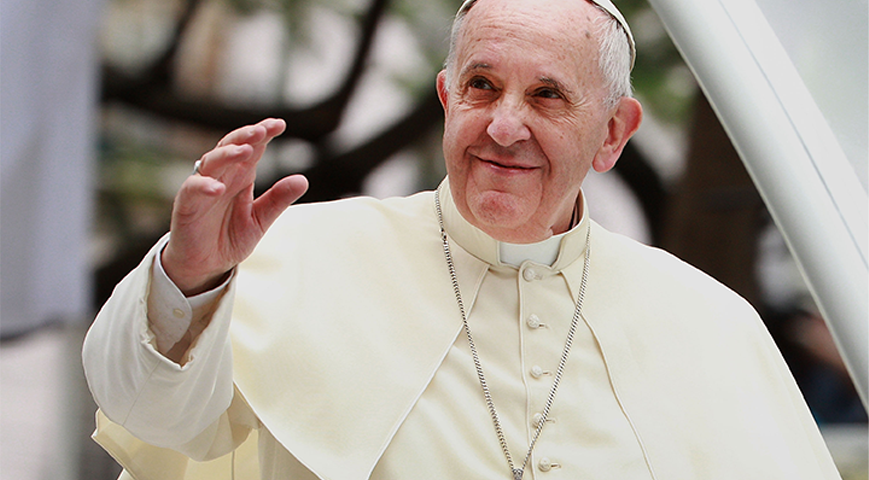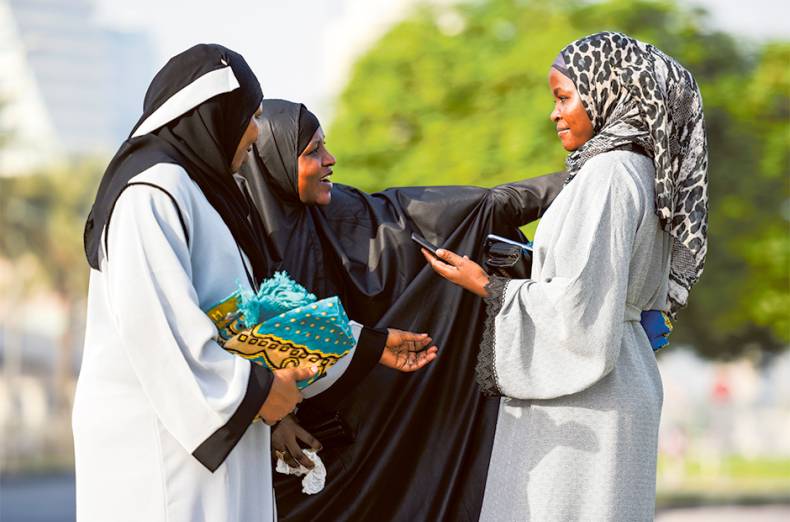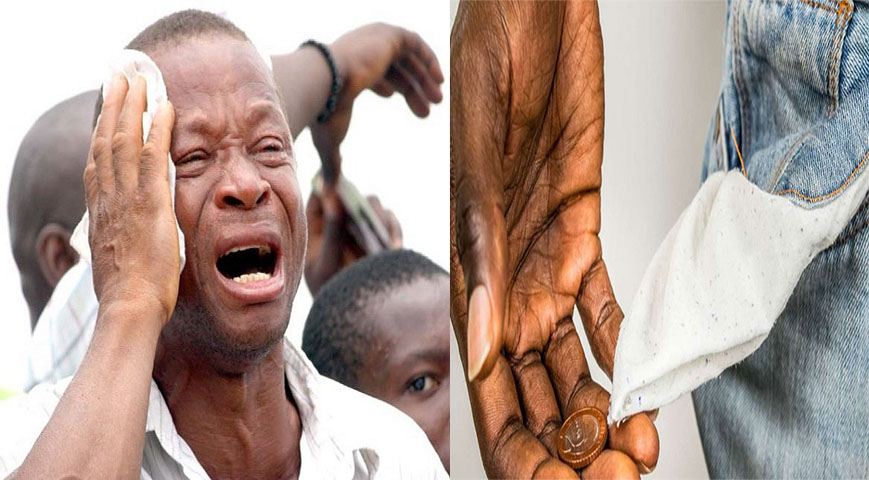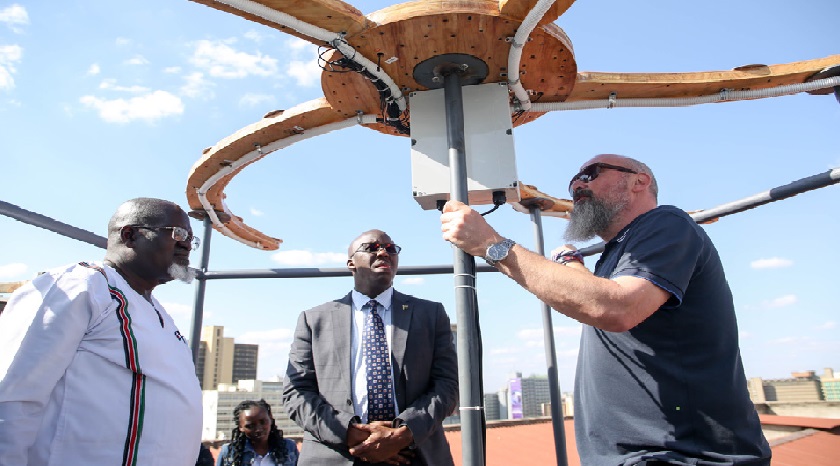According to hospital officials, a medical centre in Omdurman, Sudan's most populous city, was struck by two projectile shells on Tuesday, causing injuries to at least 20 people.
The floors of the Al-Roomy medical centre were stained with blood in the aftermath of the attack, which occurred at around noon local time.
"All of the patients who were sitting in the seats were hurt below the knees." "We treated them and transported them to Al-Now hospital," said employee Mehdi Ibrahim.
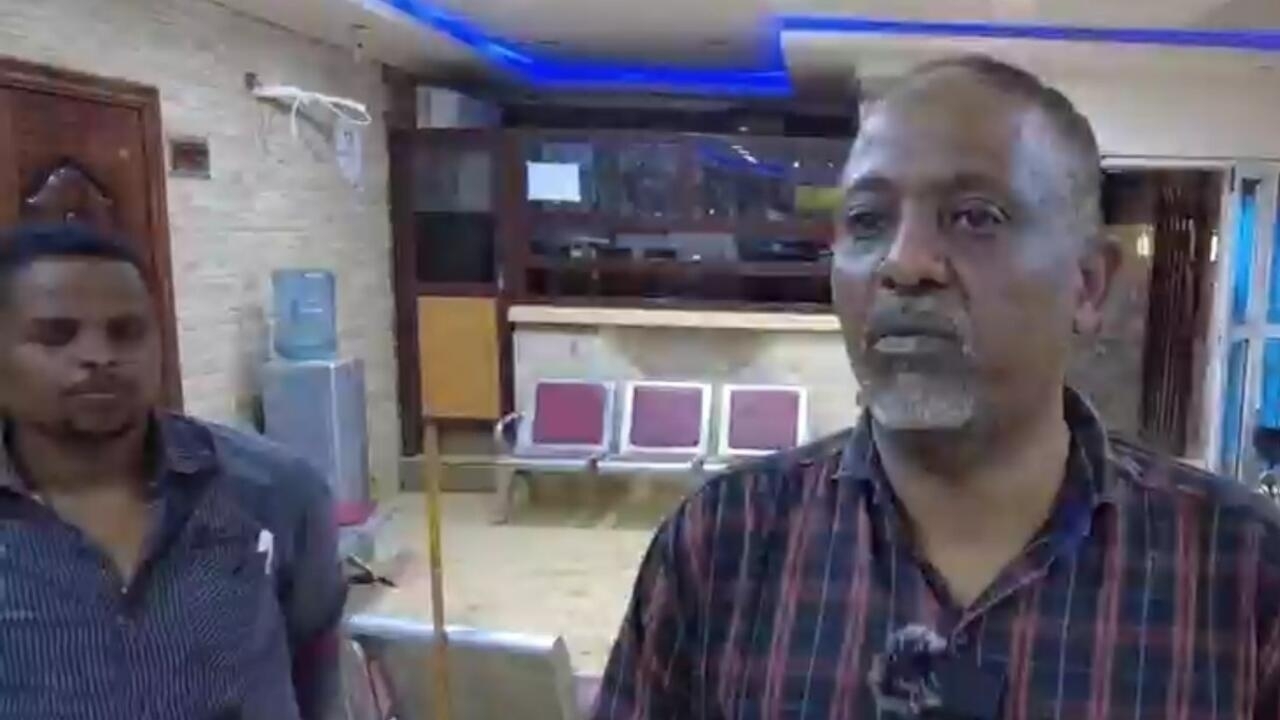
Did you read this?
Fortunately, no fatalities were reported, and those injured in the attack were taken to a nearby hospital for treatment. However, the Sudanese Doctors' Syndicate has stated that numerous medical facilities in Khartoum and throughout Sudan have shut down due to fighting and a shortage of medical and fuel resources. The ongoing violence between Sudan's two leading generals has caused chaos in hospitals across Khartoum.
Since Saturday, people have been unable to venture outside their homes as the opposing sides have exchanged gunfire and bombarded each other with artillery and airstrikes. The Sudanese Doctors' Syndicate has reported that several hospitals in Khartoum and other parts of Sudan have closed down due to the ongoing conflict, as well as shortages of fuel and medical resources.
As stated by the UN, the ongoing conflict endangers millions of individuals, including approximately 24,000 women who are due to give birth in the near future. The sudden escalation of violence has caught many by surprise, leaving medical personnel stranded inside hospitals and preventing other staff from reaching the facilities.
"I'm doing dialysis at the kidney centre, but for nine days I didn't do it because the centre was closed. I need 90 million Sudanese pounds (40 USD) for transportation to come here. People have no money, patients who used to come with us for dialysis haven't come since last Saturday, also the chronic disease patients can't bear it. They're supposed to open the streets for people, there is no transportations or taxis that can take you to Bahari," said Batool Shareef, a dialysis patient.
Since the conflict began, the Ahmad Qassem dialysis centre has become the sole functioning facility with 17 dialysis machines. However, according to Dr. Othman Taj el-Dein, director of the kidney department, patients who are unable to access the centre for their scheduled dialysis treatments are putting their lives in peril.
"If they didn't do the dialysis two or three times then the patient has an 80% chance of dying because water gets inside the lungs", Taj el-Dein said.
Even prior to the recent outbreak of fighting, Sudan's humanitarian needs were at an all-time high, with approximately 15.8 million people, or about a third of the population, affected, as reported by the United Nations.

